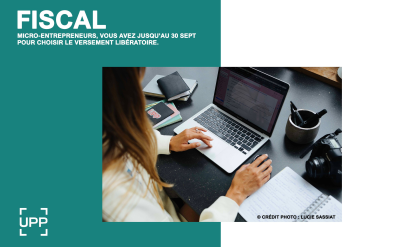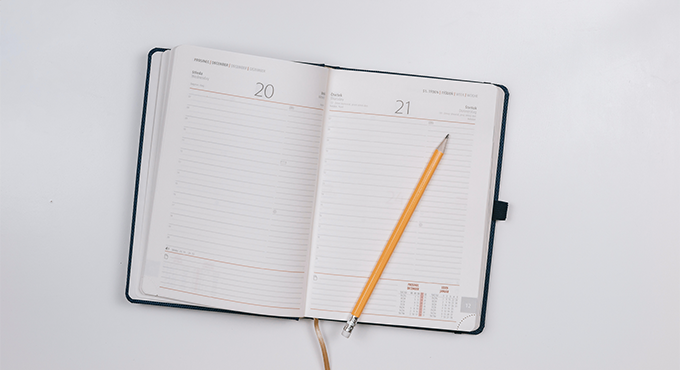News

Credit: Lucie Sassiat
Closing the year
09 January 2024
Fiscal
Viewed 828 times
If you operate as a sole trader, your accounting year is based on the calendar year. This means that your 2023 year ended on December 31, even if you started your business during the year. It covers the period from January 1 to December 31 (or from the date you started your business to December 31).
The beginning of January is therefore the period during which you will close your 2023 financial year.
What does this mean in concrete terms?
1. Closing your fiscal year
Closing the fiscal year means stopping accounting entries, i.e. drawing up a list of operations carried out during the year, and assembling the documents needed to prepare the mandatory accounting declarations.
What you need to do
- record the latest accounting transactions and categorize them (the right boxes on your tax return).
Tip: bank synchronization enables you to retrieve transactions in real time, with categorization for certain software packages.
- collect supporting documents and associate them with the transactions concerned (sales slips)
- Complete your tax returns and send them to the tax authorities (deadline: mid-May, but it's best to start as soon as possible).
2. Micro BNC
Take into account all transactions made on your bank account between January 1 and December 31. Anything that passes through your account after that will be booked to N+1, even if it corresponds to a service rendered in N.
Consolidate receipts, even if you benefit from a lump-sum deduction for transactions. Receipts can be added to Indy and linked to a transaction.
Preparing the declaration
- 2042 C-Pro. This is the professional appendix to the income tax return.
- VAT return if you are subject to VAT
- DSFU social security declaration
- the DAS2 (retrocession of over 1,200 euros per year to the same service provider)
3. Actual regime.
Transactions are always taken from January 1 to December 31.
Gather all receipts: they are essential for deducting your expenses. Organizations can ask for any proof of expense.
Prepare your tax return: for real-estate professionals, this is form 2035.
Complete your tax returns: 2042 C-Pro, VAT, DSFU, DAS2
4. Advice
Organize your receipts in chronological order, or even better, associate them with transactions (by means of a photo) and keep them for 10 years.
Use software that gives your receipts probative value, which will save you if you lose your paper tickets.
Keep in mind the tax calendar and your various deadlines, and anticipate them.
Keep your accounting documents up to date at all times, because an audit may come up during the year, and it's much easier to take care of them for a few minutes a week than to catch up on your accounting with delays and less fresh memories.
Choose your accounting software carefully, as it must be approved.







No comment
Log in to post comment. Log in.